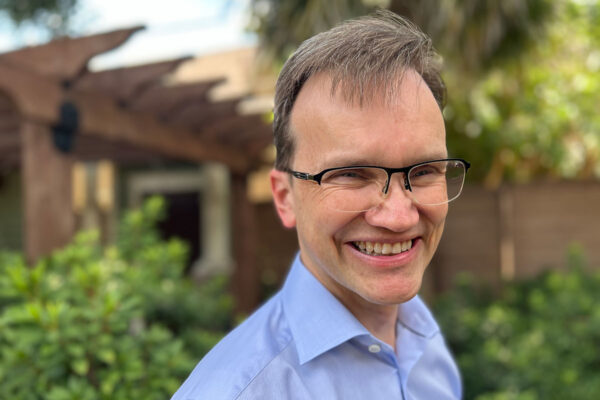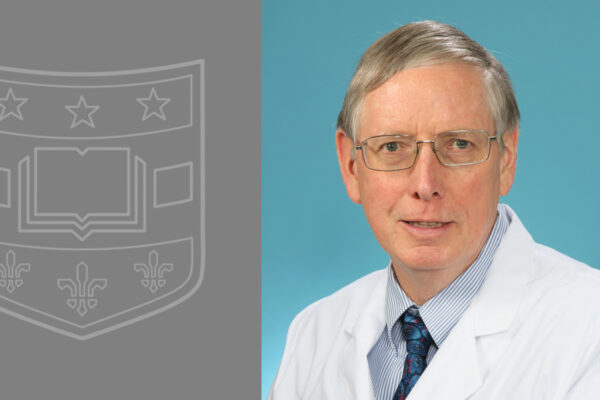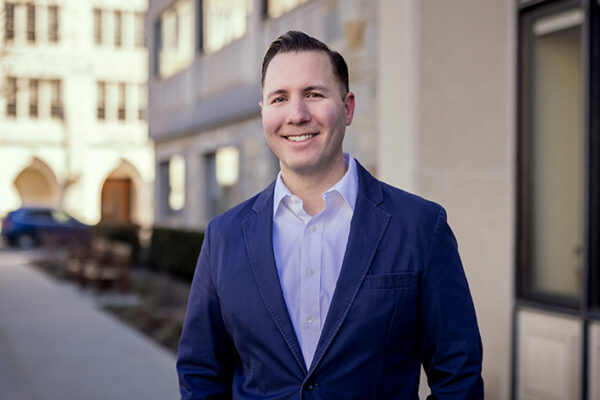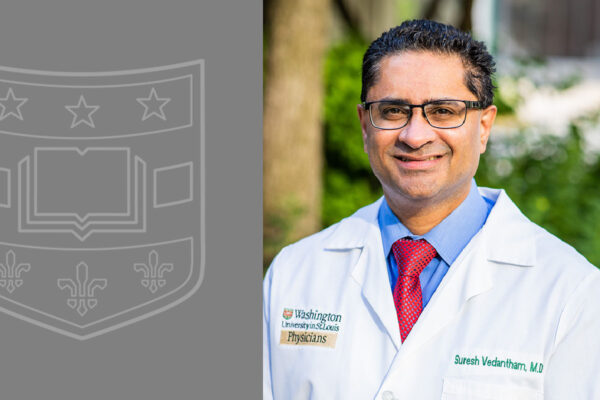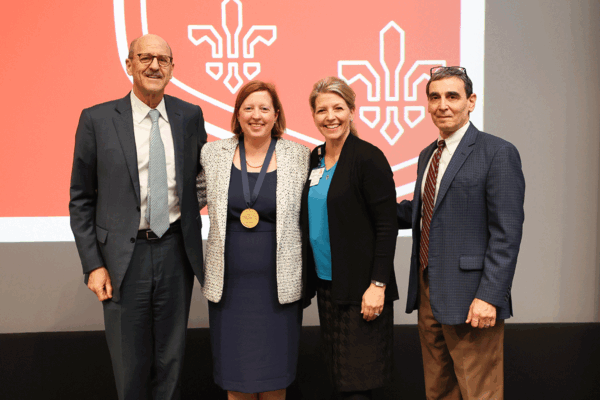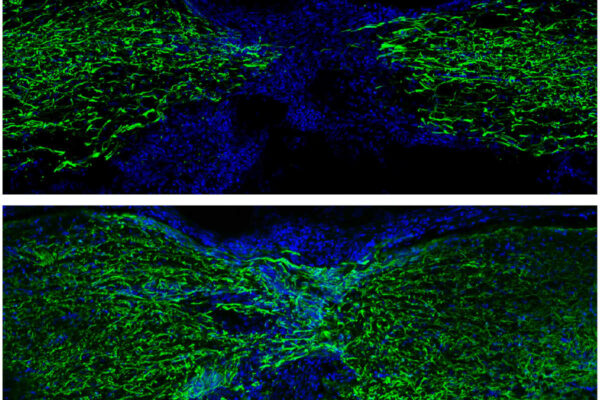Self-employment tied to lower health in China
Older Chinese people who transition from wage earners to self-employment report lower self-rated health than those remaining in waged jobs, finds a study from the Brown School at Washington University in St. Louis.
Groves named head of developmental biology
Andy Groves, a leading researcher in the development of the inner ear, will head the Department of Developmental Biology at Washington University School of Medicine in St. Louis beginning in April.
Wahl honored for leadership in nuclear medicine and imaging
The Society of Nuclear Medicine and Molecular Imaging recently presented the 2024 Minoshima-Pappas Transformative Leadership Award to Richard Wahl, MD, a professor of radiology and of radiation oncology at WashU Medicine.
Multiple sclerosis appears to protect against Alzheimer’s disease
WashU Medicine experts in Alzheimer’s disease and multiple sclerosis (MS) find that MS patients are less likely to have amyloid plaques than adults without MS.
Halvorsen elected to officer role with Gerontological Society of America
Cal J. Halvorsen, an associate professor at the Brown School, has been elected vice chair of the Gerontological Society of America’s Social Research, Policy and Practice section.
Vedantham honored for innovation in interventional radiology
Suresh Vedantham, MD, a professor of radiology and of surgery at Washington University School of Medicine in St. Louis, has been awarded the 2024 Leader in Innovation Award by the Society of Interventional Radiology Foundation.
Cooper named inaugural French professor
Megan Cooper, MD, PhD, of Washington University School of Medicine in St. Louis, has been named the inaugural Anthony R. French, MD, PhD, Professor in Pediatrics.
Zebrafish use surprising strategy to regrow spinal cord
Researchers at WashU Medicine look to zebrafish — among the rare vertebrates that can repair a damaged spinal cord — to understand how it might be possible to treat nerve injuries in people.
Ugandan women’s autonomy key to safer sex
Ugandan women’s ability to negotiate the conditions and timing of sex is key to preventing several reproductive health outcomes, say experts from the university’s Brown School.
Brown School students named public health ambassadors
Busayo Akinloye and Mayah Clayton, who are pursuing master’s degrees in public health in the Brown School at Washington University in St. Louis, have been named This Is Public Health Ambassadors for 2024-25 by the Association of Schools and Programs of Public Health.
Older Stories

